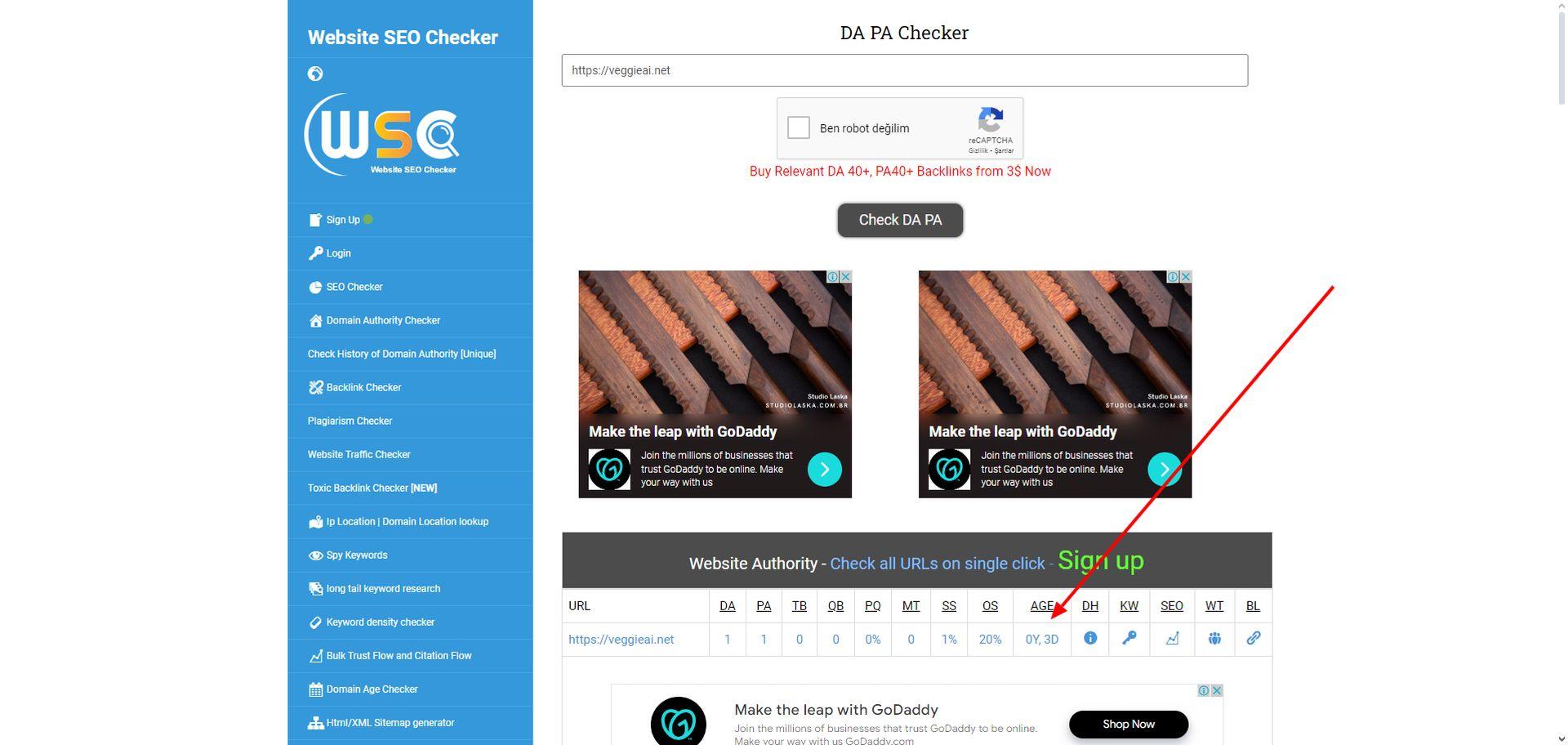Veggie AI has recently emerged as a peculiar player in the AI video generation arena, raising questions about its legitimacy and capabilities.
This newly-appeared website bears a striking resemblance to the viral sensation Viggle AI, even using the same introductory video and site design.
However, a closer inspection reveals significant differences in their underlying technology and functionality.
What is Veggie AI?
We won’t sugarcoat this, Veggie AI is a straight-up scam!
The uncanny resemblance between Veggie AI and Viggle AI raises eyebrows. It’s clear that Veggie AI has modeled itself after Viggle AI, copying its website design, introductory video, and even the general concept. With a touch of impressive Microsoft Paint skills of course…

But the similarities with the viral and successful Viggle AI don’t end there.
Unlike Viggle AI, which appears to leverage advanced AI models, Veggie AI runs on a basic diffusion model, ToonCrafter to be exact, and requires paid tokens for operation even though it is completely free to use those diffusion models.
Veggie AI’s emergence as a Viggle AI lookalike raises questions about the motivations behind its creation. It’s possible that the creators of Veggie AI were inspired by Viggle AI’s viral success and sought to capitalize on it by creating a similar product and making a free-to-use tool run on paid tokens (and poorly of course)! After all, Viggle is experiencing high traffic since its launch.
However, the differences in technology and functionality suggest that the wannabe Veggie AI may not be able to deliver on the promises of its doppelganger.
The ethical implications of Veggie AI’s approach cannot be ignored. By copying Viggle AI’s introductory video and site design, Veggie AI not only misleads users but also undermines the principles of originality and innovation that drive the tech industry. This imitation strategy may garner initial attention, but it is unlikely to sustain user trust and loyalty in the long run.
Open for ‘business’ for three days now
Veggie AI’s website has only been live for three days, but it has already stirred significant attention and controversy in the tech community. The brief duration of its online presence makes its rapid rise and the accompanying scrutiny even more remarkable. Despite being operational for such a short time, Veggie AI has managed to attract a lot of eyeballs, primarily due to its striking resemblance to Viggle AI.

Viggle AI grapples with the growing problem of AI imitation
Veggie AI’s emergence as a Viggle AI imitator raises important questions about the future of AI development and the potential for imitation and replication. As AI technology continues to advance, it’s likely that we will see more instances of AI tools and platforms borrowing from or replicating each other.
This trend could have both positive and negative consequences. On the one hand, imitation could accelerate innovation by allowing developers to build on existing ideas and concepts. On the other hand, it could also lead to market saturation and confusion, as users struggle to distinguish between authentic and imitative tools.
Veggie AI serves as a stark reminder of the importance of due diligence and critical thinking when exploring new AI tools. It also highlights the need for stricter regulations and ethical guidelines in the AI industry to prevent the proliferation of cheap imitations and protect users from being deceived.
As the AI landscape continues to evolve, it’s crucial for users and developers alike to be vigilant and discerning. By learning from the cautionary tale of Veggie AI, we can work towards a future where AI technology is developed and used responsibly and ethically.
Featured image credit: Freepik






